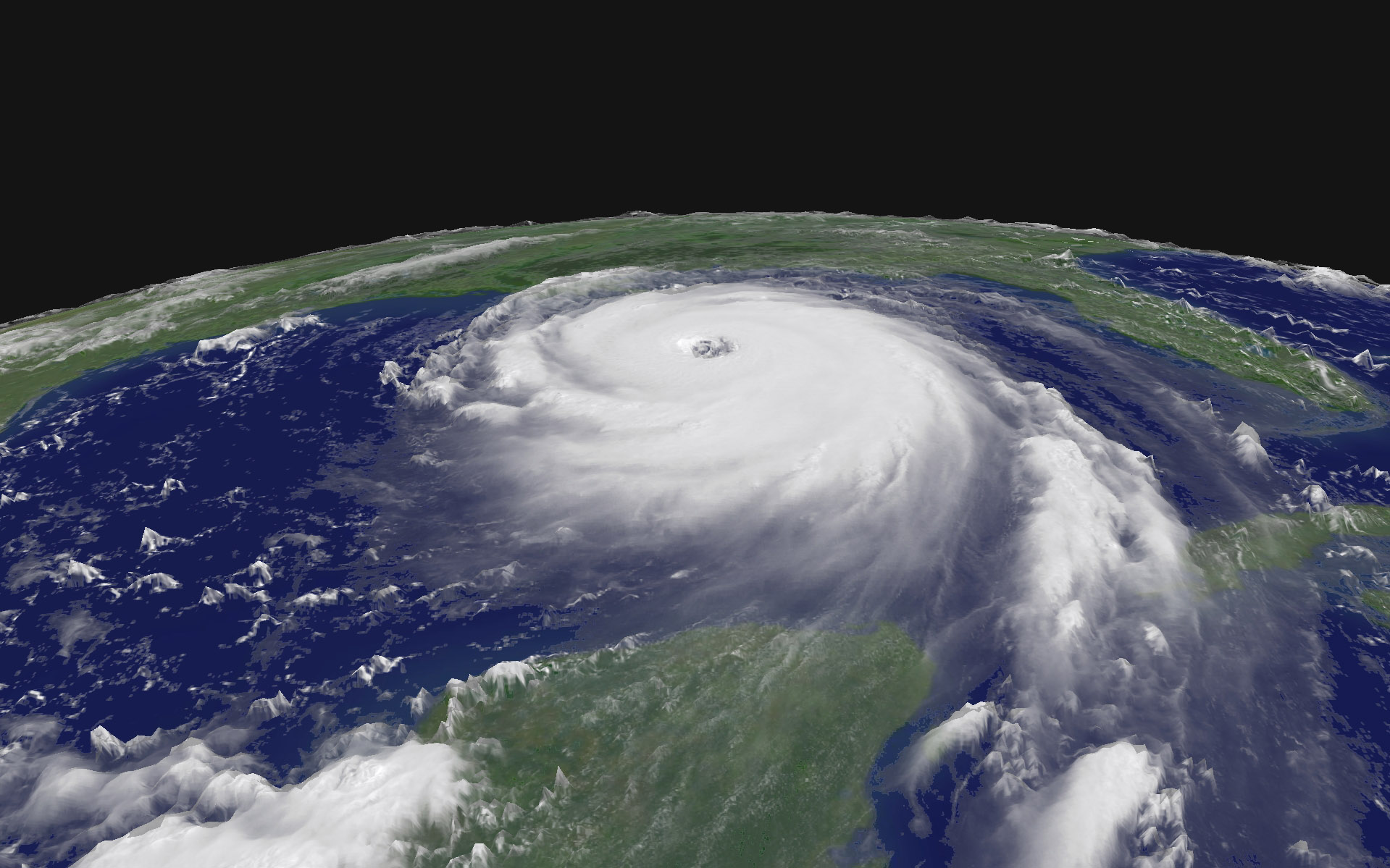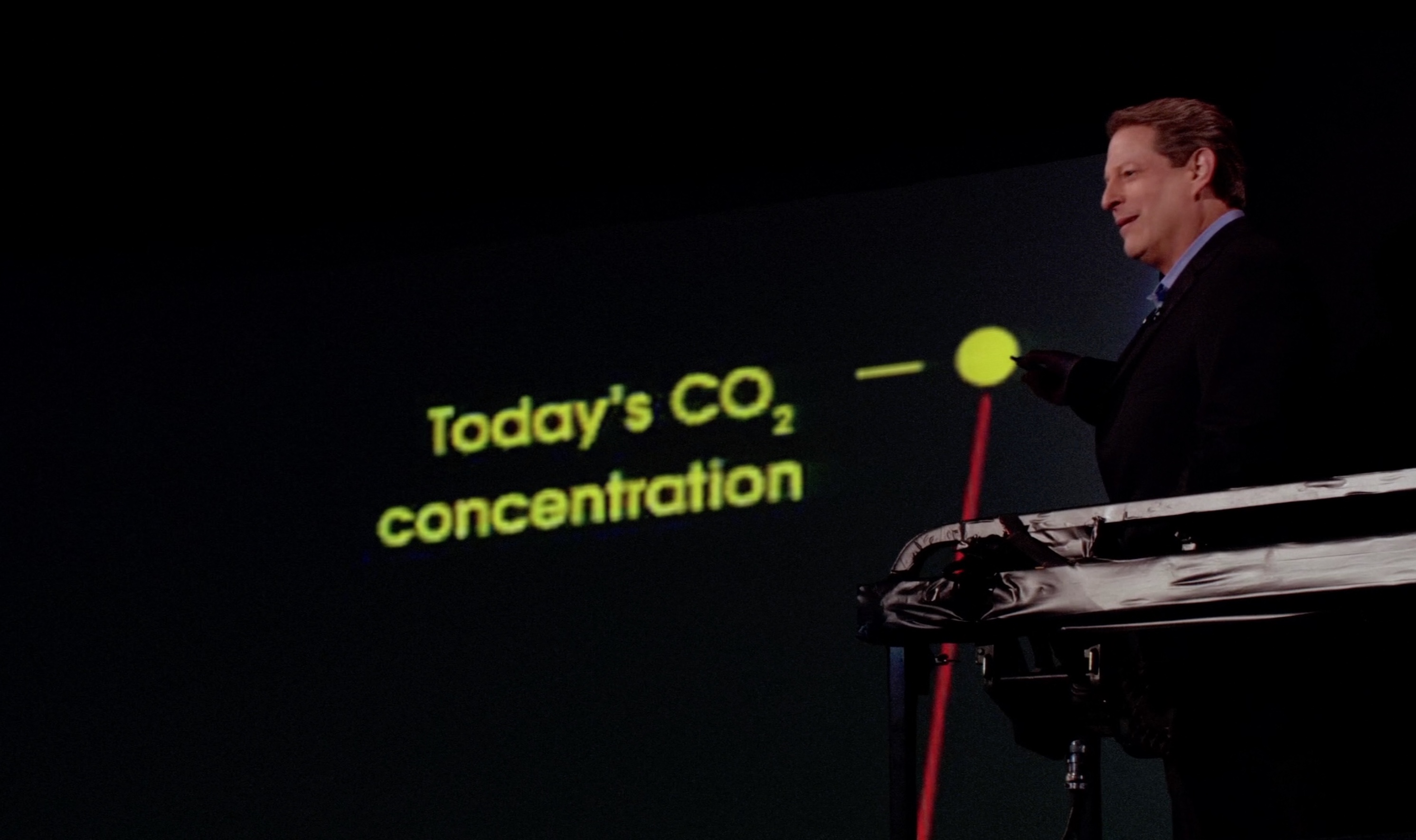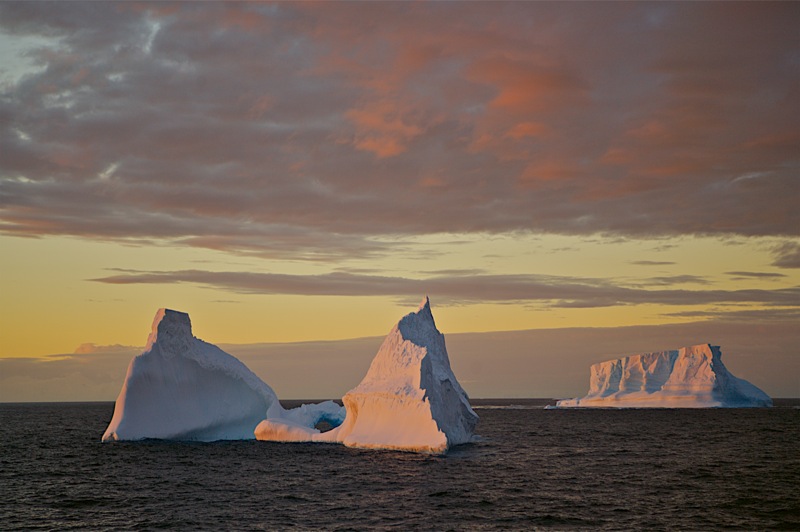Few writers living during the past one-hundred years are as succinct and clear as the late, great Isaac Asimov. His science essays are legendary—even when, 26 years after his death, they’re somewhat dated. If you […]


Few writers living during the past one-hundred years are as succinct and clear as the late, great Isaac Asimov. His science essays are legendary—even when, 26 years after his death, they’re somewhat dated. If you […]

I hear a whole lot of ruckus about global warming and carbon emissions spewed into the air. I have a question for the environmentalists—some of them extremists—pointing fingers of accusation: How much worse off is the planet because of you and your political maneuvering that ended US adoption of fission reactors in the 1970s?
Environmentalist FUD (fear, uncertainty and doubt) about radioactive waste disposal was a major factor halting nuclear power plant construction in the United States. Meanwhile, many electrical facilities resorted to coal and, gasp, oil—fossil fuels that produce carbon dioxide when burned.

Last week’s Nature—that would be the June 7 issue—blows one hell of a hole in one of the proof points for global warming theory: Increasing number of hurricanes. If I rightly recall, former vice president Al Gore used increasing numbers of seasonal hurricanes in movie “An Inconvenient Truth“.
Good science isn’t about what you know but what you realize that you don’t know. Too many of the proof points for global warming are nothing more than seemingly related observations that probably aren’t as interconnected as they might first seem. Gore and others have attributed warming seas—presumed by-product of global warming—as reason for worsening seasonal hurricane cycles.

A New Scientist story claims: “Teenagers are more selfish than adults because they use a different part of their brain to make decisions compared to adults, new research suggests”. The UK study used brain scans of 19 adolescents and 11 adults to reach this conclusion. The story quotes Sarah-Jayne Blakemore, who is a University College London cognitive neuroscientist.

Earlier today, my daughter and I watched “An Inconvenient Truth” at the AFI Silver Theatre, which likely is the best movie house in the Washington area. A harsh critic of the science behind global warming, I hoped that maybe the film would live up to its hype. No way. For people predisposed to the idea of global warming, the film probably would be moving. The movie did affect my thinking, nevertheless (I’ll explain how in a few paragraphs).
Here’s what I most liked: Former Vice President Al Gore relied more on historical data to make his point than use forward-looking forecasts. Oh, I hate computer modeling for proving climate change. The major reason I’m so critical of global warming theory is bad science. There are too many assumptions and too little reliable data to develop reliable forecast models. In best-case scenario, the computer models are only as good as the data put into them.

New York Times stepped back on the global warming soapbox today with “Studies Portray Tropical Arctic in Distant Past“. The Times reports on three papers published today in Nature, to which—damnit—I am not a subscriber.
The 2004 Arctic Coring Expedition (ACEX) recovered 430-meter sea floor sediment core that provides a 56-million year snapshot of the Earth’s weather. And whoa, get this, “55 million years ago the Arctic Ocean was much warmer than scientists imagined—a Floridian year-round average of 74 degrees” (23.3 degrees Celsius), according to the Times. Whoa, break out the lawn chairs. That’s July weather back home in Maine.
Reports of an ancient, hot Arctic—presumably because of greenhouse gases—are sure to foster theories about global warming. Public sentiment about global warming doesn’t make it fact. Global warming is a theory, and it’s one I skeptically view.

Uh-oh. National Geographic warns of unusual warming over Antarctica, that “cannot be explained by the climate models scientists use to predict the effects of global warming from increased greenhouse gases”. Yikes!
Some people might contend the unexpected “temperature spike, which is three times larger than the global average”, is sure sign of global warming. Not me. I think it’s another proof point the global warming models are meaningless. The spike occurs in an area 5 kilometers above the surface, and scientists “are now trying to understand why the atmosphere warming is disconnected from surface temperatures”.

Scientists force evolution? Maybe the folks over at LiveScience need to evolve their reporting. Adaptation isn’t evolution. Polypheniesm is typically environmentally caused; color change induced by environmental variations is to be expected.
Let’s look at ourselves, as example of where LiveScience falters. Homo Sapiens is considered to be one species, right? But there are different races, which, to my understanding aren’t considered subspecies. Racial variations would appear to have derived from environmental causes long ago.

Last night I fumed on about closed-minded evolutionists and creationists, neither of which is probably right but both think their position is absolute truth. Maybe science has an explanation for them in their good friends the politicians.
LiveScience.com today reports on a new study to be released about how politicians think. Researchers from Emory University MRI-scanned politicians’ brains while presenting them information about the “their preferred candidate prior to the 2004 Presidential election”. The results were surprising, or maybe not, depending on pre-conceptions about politicians.

I find the ongoing debate about evolution versus creationism to be quite exhausting. Neither perspective really makes any sense, but strong philosophical and cultural biases play to favor one position or the other. The creationist’s biases are clear:
The Biblical seven-day account of the world’s creation; there are writings, supposedly inspired by God, which by their divine inspiration are indisputable. Evolutionists offer plenty evidence of dispute, such as the universe being more than 6,000 years old (I don’t doubt a much longer period of existence).